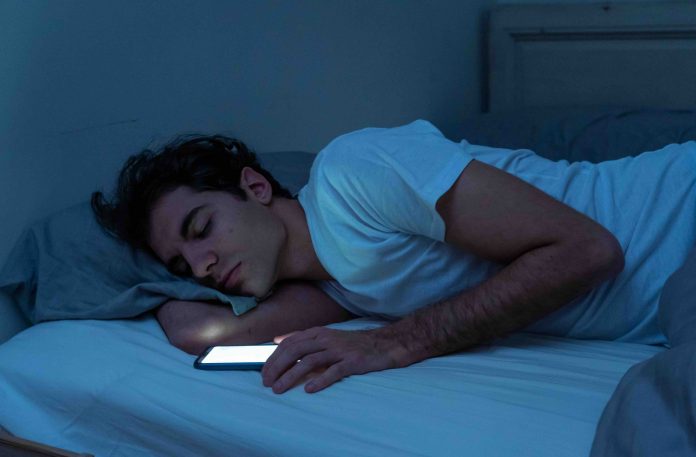Researchers from Monash University’s Turner Institute for Brain and Mental Health have developed a world-first app – SleepSync – that personalises the sleep-wake cycle of shift workers to help improve their overall sleep and mood.
Published in the journal, Digital Health, the research was led by Dr Jade Murray and discovered that the SleepSync app improved participants’ total sleep time, ability to fall asleep, sleep quality and perception of recovery on days off.
With the app considering each individual’s daily routine, 70 per cent of participants reported it was easier to fall asleep, and more than 80 per cent reported better quality sleep. Participants slept an average of 29 minutes longer each night.
“SleepSync aims to aid behavioural change and provide practical advice to shift workers by providing personalised sleep scheduling recommendations and education,” Dr Murray said.
“This has the potential to improve shift workers’ health and well-being and how they function day to day.
“It also has the potential for development and integration with wearable devices, such as smartwatches, and further help minimise the health costs associated with shift work to society.”
Synced to the user
SleepSync, a mobile phone app, is entirely tailored to the individual user by:
- Incorporating a calendar for work and personal commitments;
- Providing biologically viable recommendations for sleep timing that account for work and social obligations based on the information users enter into the calendar, such as work shifts and important personal activities;
- Daily logging of actual sleep/wake times and mood.
Users receive a ‘recovery score’ based on their level of adherence to the recommended sleep times.
“Shift workers report an increased functional impact of sleep disturbance and misalignment, including impaired alertness and increased sleepiness during wakefulness compared to the general population,” Dr Murray said.
“Shift workers are also at greater risk of a range of long-term adverse health consequences such as gastrointestinal problems, cardiovascular disease, mood disorders and cancer, as well as the short term increase in the risk of errors, accidents and injuries.”
‘Evidence-backed ways to optimise sleep’
Co-author Dr Tracey Sletten, of the Turner Institute, says individual workers need evidence-backed ways to optimise their sleep around their work schedule.
“Each person has different underlying biology and specific work patterns, which need to be accommodated in a personalised schedule to help them sleep better,” Dr Sletten said.
Dr Sletten said 67 per cent of participants reported how influential SleepSync was for modifying their behaviour and habits, while 82 per cent found the app easy to incorporate into their daily lives.
“They also reported improvements in mood (depression, anxiety and stress), insomnia symptom severity, sleep hygiene and sleep-related daytime impairments,” she said.










